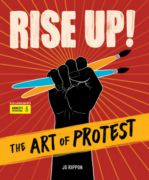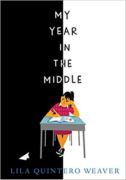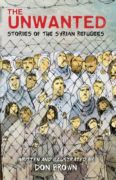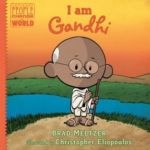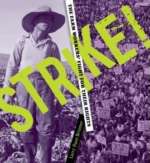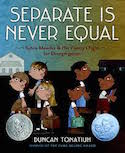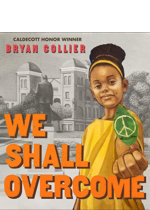
“We Shall Overcome” is one of the most recognizable anthems of the Civil Rights movement, widely performed at protests and rallies to promote nonviolent civil rights activism. Now, these inspirational, empowering, legendary lyrics are brought to life with the stirring, evocative, and breathtaking illustrations from multi-award-winning talent Bryan Collier. Powerfully imagined for the present moment, Collier’s illustrations meld the most emblematic moments of the twentieth-century Civil Rights movement with the present day, depicting the movements, protests, and demonstrations — big and small — as the fight for justice continues.

